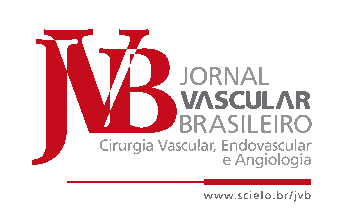Guidelines provide great contribution to the reduction of potential obstetric and fetal risks and to the improvement of health care during pregnancy and puerperium. However, there are still controversies regarding the management of anticoagulation in women with heart diseases. The importance of this issue is based on the fact that thromboembolism is considered one of the main causes of maternal death in women with heart diseases; therefore, the acquisition of knowledge about how to prevent this disorder is mandatory. The strategy of the antithrombotic treatment is based on the risk of thrombosis imposed by the maternal clinical picture and on the adverse effects of the anticoagulants for the conceptus. In the present study, we discussed the stratification of maternal risk of thromboembolism, the properties of the anticoagulants indicated for its prevention, and the therapeutic strategy at different moments of pregnancy, delivery and puerperium of women with heart diseases.
Thromboembolism; anticoagulation; heart disease; pregnancy


